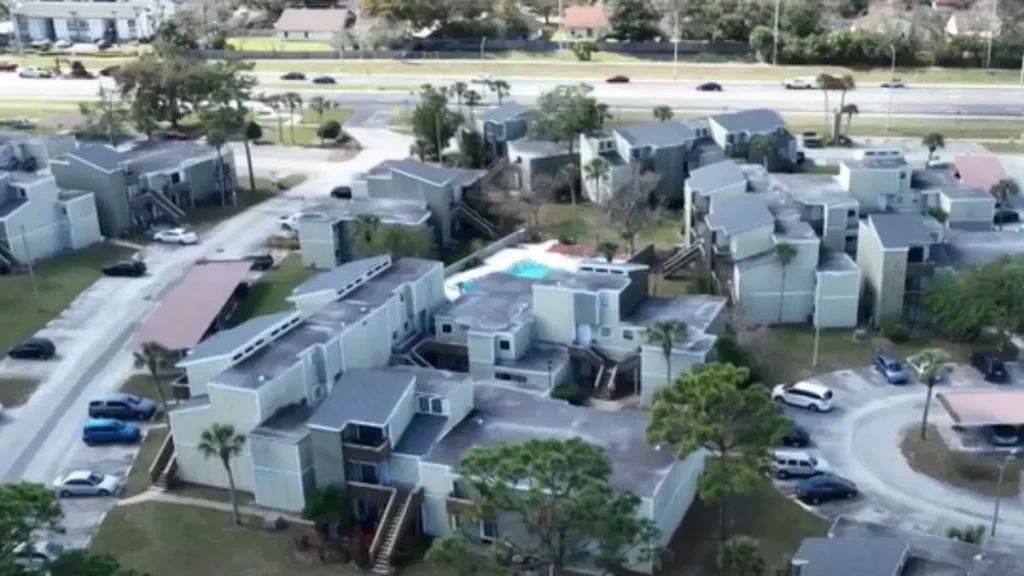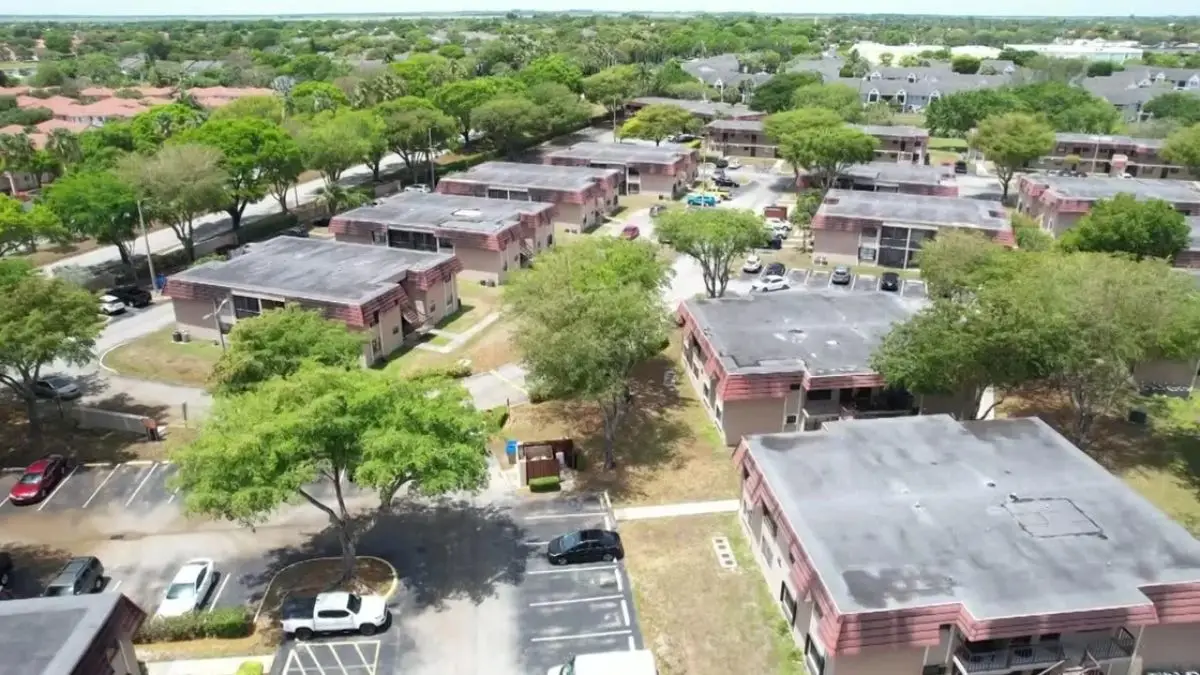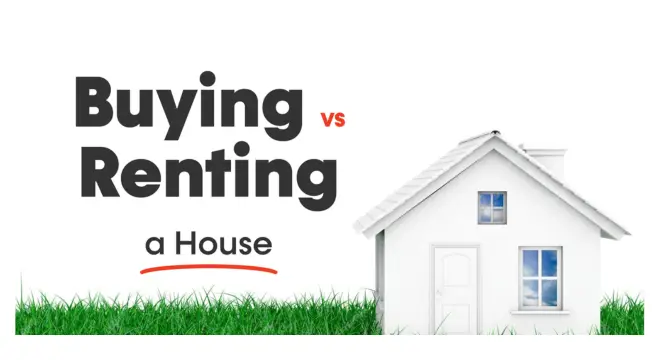Florida Condo Owners Fear Losing Homes Over $3.5 Million Special Assessment
I want you to imagine this: You’ve lived in your condo for years. It’s your safe space, your retirement plan, maybe even your legacy for your kids. Then one day, you get a notice — you owe tens of thousands of dollars. Not for anything new. Not because you did something wrong. Just because the building needs repairs. And if you can’t pay? You might lose your home.
That’s exactly what’s happening right now to residents at Heron Condominiums in West Kendall, Florida. A $3.5 million special assessment has blindsided dozens of homeowners — many of them older, retired, or on fixed incomes. According to a report by Moneywise, some owners were told they’d need to come up with over $30,000 each in just a matter of months. One woman said she’d rather die than go through the stress of losing her home.
This isn’t about some luxury renovation. It’s about basic structural repairs, tied to Florida’s 40-year recertification laws. Residents say they were left in the dark by the condo board — then hit with the bill. No real choice. No clear explanation. Just “pay up or risk foreclosure.”
I’m not here to just repeat headlines. I’ve gone through the sources, the legal fine print, and the lived experiences behind those news clips — and what I found is more than a one-off story. It’s a warning.
In this article, I’ll break down how this happened, why the law triggered it, and what lessons every condo owner in Florida needs to hear right now. Because this isn’t just about one building — this could happen to you, too.
Let’s start with the law that set all this in motion — and why it’s shaking up condo communities across Florida.
The Catalyst: Florida’s 40-Year Recertification Requirement
Alright, let me break it down the way I’d tell a friend.
This whole thing didn’t just pop up out of nowhere. It started after that awful Surfside condo collapse — remember that? Tragic. After that, Florida said, “We’re not taking chances anymore.” So they rolled out strict inspection laws for older buildings — anything around 30 to 40 years old had to go through a deep structural check.
And Heron Condominiums? Yeah, they hit that 40-year mark.
Inspectors came in and found the usual — cracks in the concrete, weak balconies, electrical issues, roof stuff. Basically, serious things that can’t be ignored. These weren’t “nice to have” upgrades — they were legally required fixes.
But here’s where it went sideways: the building didn’t have a reserve fund ready. Zero backup. No savings. So what did the condo board do? They passed the whole bill — all $3.5 million of it — straight to the owners. Just like that.
Financial Breakdown: Understanding the $3.5M Assessment

Now let’s talk about the part that really shook people — the actual money.
So the board didn’t have funds for the repairs, right? They took out a loan. And then told every owner. According to CBS News, owners were hit with bills ranging from $30,000 to $50,000.
Can you imagine getting that in your mailbox?
Some people had no clue this was coming. One woman had less than $100 in her bank account. Others? They’re scrambling, considering moving out, selling, or just giving up. And even if you chose the payment plan, it came with interest — so you’re paying way more over time.
All of this, because no one planned ahead. And now regular people are stuck cleaning up a mess that took decades to build.
Resident Reactions: Voices from the Community
Now this is where it really hits home — literally.
Imagine you’re sitting in your living room, doing your regular day-to-day stuff and then boom, you get this letter saying you owe $30K. Not because you bought a luxury car or made some bad financial choice — just because your building needs repairs.
That’s exactly what happened to residents at Heron Condominiums. And honestly? People are devastated.
One woman, in her 70s, told CBS News she was already struggling to make ends meet. Now she’s thinking of moving in with her daughter because she can’t afford the payments. Another guy said he feels like he’s being punished for something that’s not even his fault. And many of them say they didn’t even know how bad the building’s condition was until that massive assessment dropped in their lap.
There’s this one quote that really stuck with me — a resident told, “They’re just dropping this on us like a bomb. I’ve lived here 27 years. How am I supposed to find that kind of money now?”
You can feel the anxiety. People are scared. They’re angry. And a lot of them feel completely blindsided.
What struck me most was the fear in people’s voices — that same sinking feeling I heard while covering this story about a homeless camp being cleared in Akron. Different place, same pattern: ordinary people left scrambling, because systems failed them.
Governance and Transparency: The Role of Condo Boards
Let’s talk about the board — because that’s where a lot of frustration is pointed right now.
In most condos, the board is made up of a few elected residents who handle everything from budgets to maintenance to communication. But when things go south — like with this special assessment — it really shows how fragile that system can be.
A lot of Heron residents say the board didn’t communicate clearly. Some said they didn’t even know repairs were being planned until they got the payment notice. There were meetings, sure, but people felt like decisions were already made. No room for discussion. No breakdown of the costs. Just, “$3.5M.”
And that’s a huge part of the problem — not just the money, but the way it was handled.
Florida law does require boards to follow certain procedures, but let’s be real: most owners aren’t sitting around reading condo statutes. They trust the board to manage things responsibly. And when that trust breaks? It gets ugly fast.
Have you ever had to deal with a surprise assessment like this? Drop a comment below — I’d love to hear how your condo board handled it.
Legislative Landscape: Potential Relief Measures

Here’s a question a lot of people are asking right now: “Isn’t there any help coming from the government?”
Short answer? Maybe — but don’t hold your breath just yet.
After Surfside, Florida lawmakers rushed to tighten building safety laws. Totally fair — no one wants another tragedy. But when they did that, they added rules about mandatory inspections, reserve funding, and structural repairs without really giving condo communities a financial safety net to handle it all.
Some local leaders have floated ideas — things like low-interest loans, state-backed grants, or emergency relief programs for people hit with massive assessments. But most of these are stuck in red tape, or they’re only accessible to certain income brackets or disaster-declared zones.
And let’s be real — even if some bill passes next year, that won’t help the folks at Heron Condos right now. They need solutions today, not five legislative sessions later.
What’s missing in the conversation is a long-term plan. Something that helps prevent this from becoming a statewide housing crisis — because Heron isn’t the only building facing this.
There’s a quiet storm building in housing policy across the country — and stories like Heron are just one part of it.
I’ve been tracking these shifts closely and share updates, real-life stories, and insights regularly on a WhatsApp broadcast — you can check it out.
Expert Insights: Financial Planning Amidst Unexpected Assessments
Alright — let’s get practical for a second.
Because whether you live in Heron Condos or not, the truth is this could happen to any condo owner in Florida. So the real question becomes: How do you protect yourself if a giant bill like this ever lands on your doorstep?
I spoke to a few financial advisors and here’s what they all said:
Start building an emergency fund now — specifically for housing costs. Not just your regular rainy-day savings, but something separate for assessments, repairs, or rising HOA fees.
If your building is more than 20–25 years old, ask your board about reserves. Seriously, just ask. Most people never even think to check. Do they have money set aside for major repairs? Are they following the new state laws that require regular structural evaluations?
Also, if you’re nearing retirement or already on fixed income, consider sitting down with a financial planner. Yeah, I know — sounds boring. But one honest conversation now could save you from panic later.
Community Action: How Residents Can Advocate for Change
Now let’s flip the script — because yeah, this whole situation is overwhelming, but that doesn’t mean you’re powerless.
In a lot of cases, residents just sit back and assume the condo board will handle everything. But if there’s one thing the Heron case has shown, it’s that silence can cost you.
If you live in a condo, get involved in your board meetings — even if it’s just to ask questions. Push for transparency. Request financial statements. Find out how much is in reserves and whether your building’s passed its inspection.
You can also organize. Some Heron residents started talking to local reporters, reached out to commissioners, even contacted legal aid.
If you feel like your board isn’t acting in good faith? Florida law gives you the right to challenge it. There are legal resources out there — including Cyber Citizens for Justice and local condo advocacy groups — that can help you navigate your options.
If something like this happened in your building, what would you do? Let’s talk in the comments — seriously, I want to hear your take.
Conclusion
Look, there’s no sugarcoating this — what’s happening at Heron Condominiums is heartbreaking. People who’ve lived in their homes for decades are now being told, “Pay tens of thousands or risk losing everything.” That’s not just stressful — it’s destabilizing. And honestly, it’s unfair.
But what makes this story even more important is that it’s not unique. This could play out in dozens of other buildings across Florida in the next few years. Maybe even yours.
So if you’re a condo owner, or thinking of becoming one, this is your wake-up call.
Get involved. Ask questions. Don’t assume your board is on top of everything just because things seem fine right now.
And if you’ve already been hit with an assessment like this? First — breathe. Then start looking at your options. Talk to your neighbors. Reach out to financial advisors. Find legal help if you need it. The situation might feel massive, but you’re not alone in it.
I wrote this article not to scare you — but to prepare you. Because this isn’t just about buildings and budgets. It’s about people. About homes. And about making sure the systems around us don’t collapse while we’re busy trusting they’ll hold.
So tell me — does your building have a plan? Do you know what’s in the reserves? If not may be today’s the day to find out.
Disclaimer: This article is for informational purposes only and should not be taken as financial, legal, or real estate advice. Always consult with a licensed professional regarding your specific situation. The views expressed here are based on available reports and public sources.


